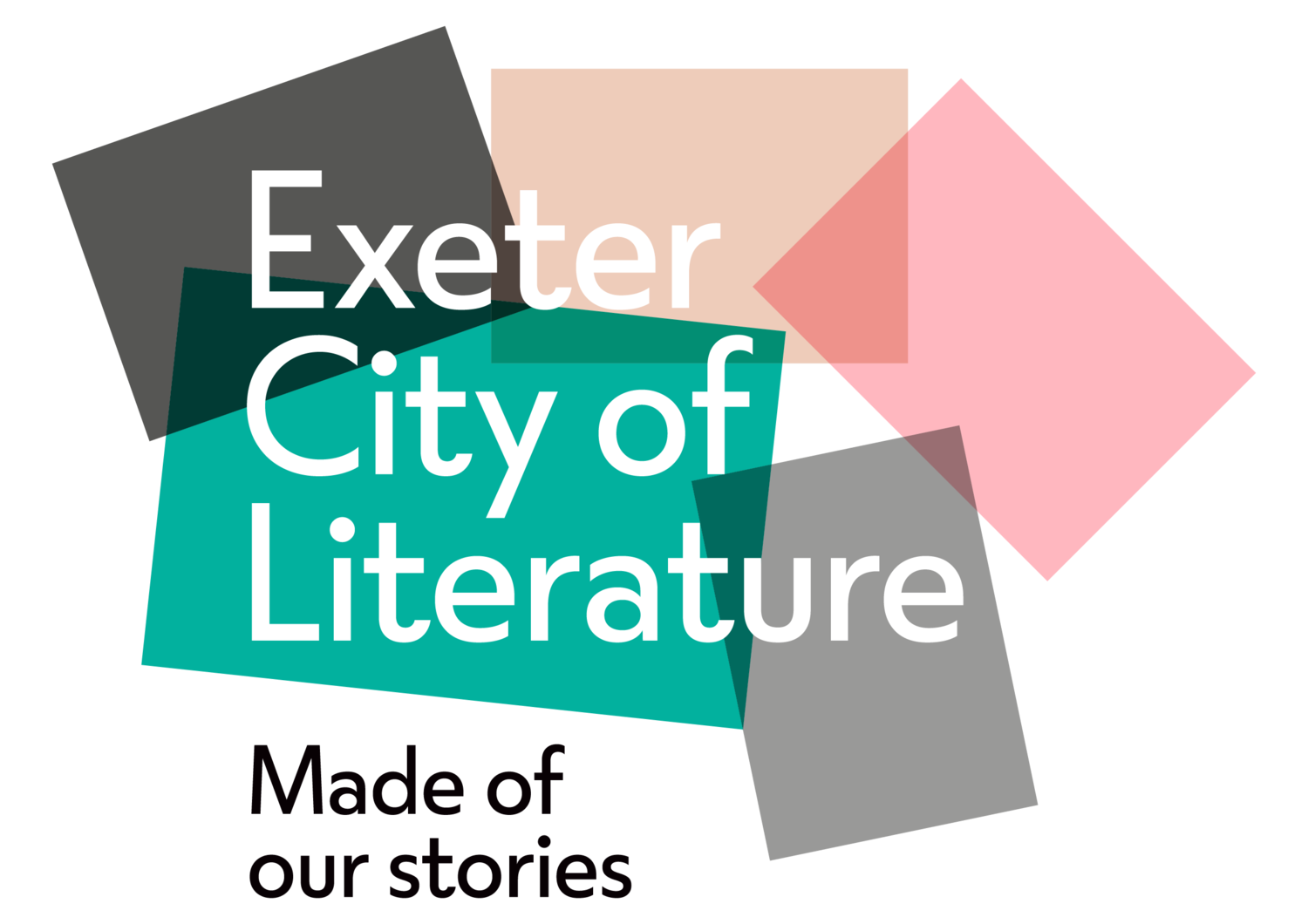UNESCO & The
Creative Cities Network
The UNESCO Creative Cities Network (UCCN) was created in 2004 to promote cooperation with and among cities that have identified creativity as a strategic factor for sustainable urban development.
Representatives of UNESCO Cities of Literature in Melbourne, 2022.
About The
Creative Cities Network
Representatives of UNESCO Cities of Literature in
Melbourne, 2022.
More than 400 cities currently make up this network, representing more than 100 countries across 6 continents. They work together towards a common objective: placing creativity and cultural industries at the heart of their development plans at the local level and cooperating actively at the international level.
As of 2025, there are 8 Creative City designations: Architecture, Craft and Folk Art; Design; Film; Gastronomy; Literature; Media Arts; and Music. The designations are granted in perpetuity, and operate across four-year programme cycles.
Representatives from 5 UK Cities of Literature gather in Norwich, 2023.
In November 2019, Exeter joined a global network of 42 cities that specialise in Literature. As of 2025 there are now 63 Cities of Literature. The other UK Cities of Literature are Aberystwyth, Norwich, Nottingham, Manchester and Edinburgh.
The UNESCO designation ‘City of Literature’ recognises excellence and places an obligation on cities to nurture and support their artform and collaborate internationally. This is achieved by sharing best practice, supporting freedom of speech, and instigating projects that ensure literature reaches as wide and diverse an audience as possible, locally and internationally.
The Exeter Book at Exeter Cathedral.
Exeter was awarded the designation in recognition of the city’s wide variety of historical assets, including The Exeter Book, a 10th-century collection of old English verse, and itself recognised by UNESCO as one of the world’s principle cultural artefacts.
The designation also acknowledges the strong connections between literature and wellbeing and the strength of the literary and cultural partnerships in and around Exeter. By becoming a Creative City, Exeter has made a commitment to UNESCO’s Sustainability Goals, specifically:
Good Health and Wellbeing
Decent Work and Economic Growth
Reduced Inequalities
Partnerships for the Goals
The City of Literature designation provides Exeter and Devon with opportunities to celebrate, amplify, and nurture the region's creative energies. It allows us to work with 63 Cities of Literature globally, to bring international opportunities here, and to share Devon's literary culture with the world.
Our first report to UNESCO highlights our achievements as a City of Literature in the first four years of having this prestigious designation.
Cities of Literature
The UNESCO Cities of Literature network of 63 cities represents 6 continents and 44 countries, and a combined population of over 90 million.




